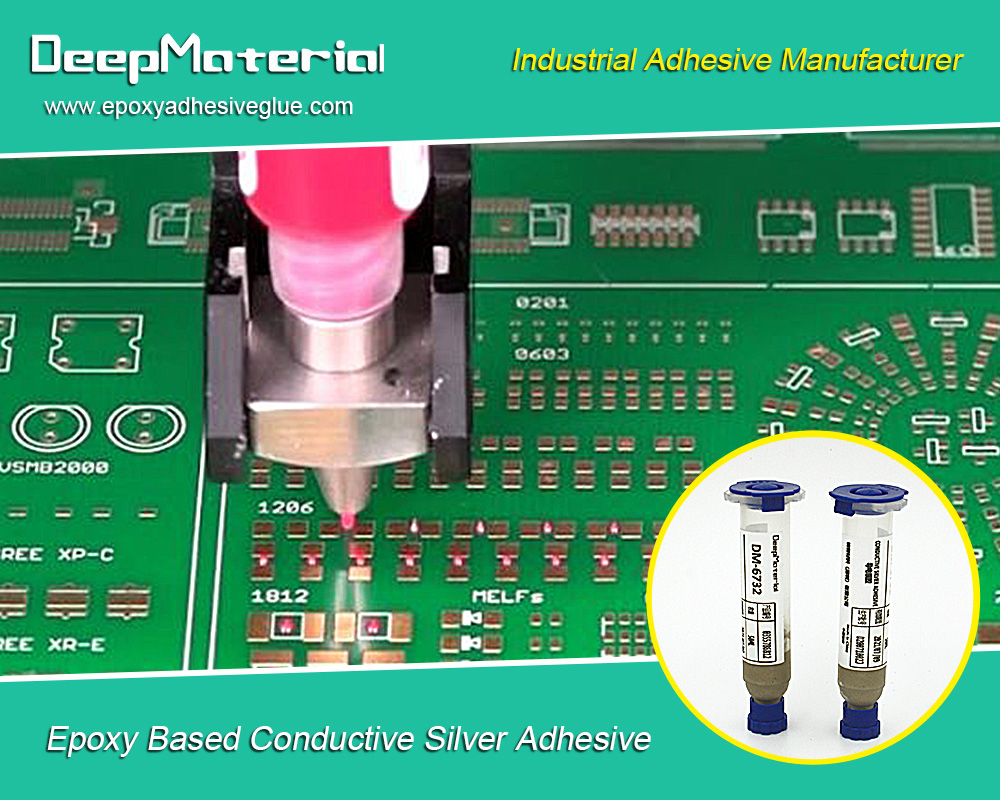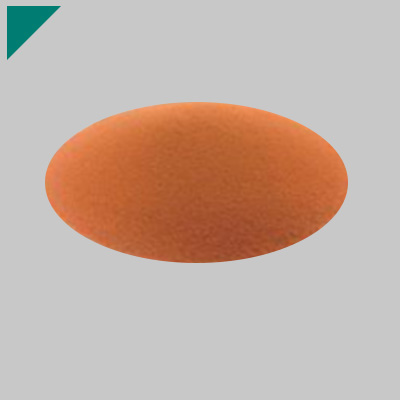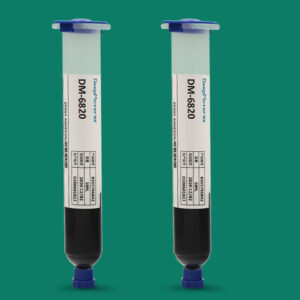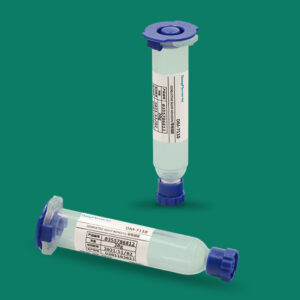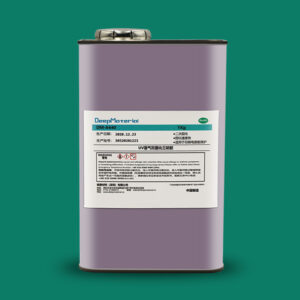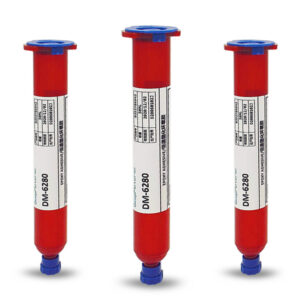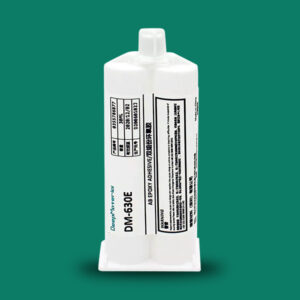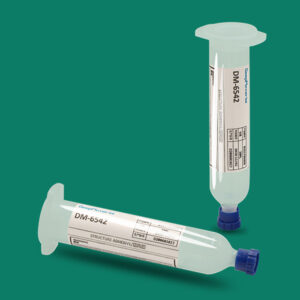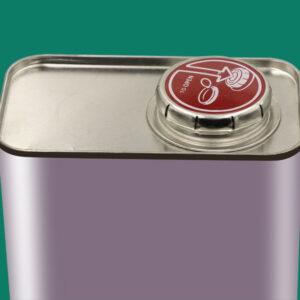Automatic Fire Suppression Material Manufacturers: The Unsung Heroes of Fire Safety
Automatic Fire Suppression Material Manufacturers: The Unsung Heroes of Fire Safety
In an increasingly volatile world, fire safety is an issue no one can overlook. Fires, particularly in industrial, commercial, and residential settings, pose immense risks to lives, property, and businesses. From manufacturing plants to restaurants, many places rely on automatic fire suppression systems to prevent or control fires swiftly and effectively. However, behind these systems lies a critical component: the fire suppression materials used to extinguish fires. These materials are produced by specialized manufacturers who play a crucial role in ensuring the safety and reliability of fire suppression systems worldwide.
In this blog post, we will explore the significance of automatic fire suppression materials, the leading manufacturers in the industry, and how their products contribute to effective fire control and prevention.
What Are Automatic Fire Suppression Materials?
Automatic fire suppression materials are substances specifically designed to detect, suppress, or extinguish fires in commercial and residential environments. These materials come in various forms and are deployed within fire suppression systems to combat different types of fires. Some systems release water, foam, or chemical agents, while others use gases or powder-based materials.
Key Types of Automatic Fire Suppression Materials
- Water: The most common and basic fire suppression material. It’s primarily used in traditional sprinkler systems.
- Foam: Used to combat flammable liquid fires by forming a barrier that prevents oxygen from reaching the fire.
- Dry Chemicals: Often used in kitchens and industrial settings, these chemicals disrupt the chemical reactions that sustain fires.
- Wet Chemicals: Specially formulated to suppress cooking fires, especially grease and oil fires.
- Inert Gases: Gaseous fire suppression systems use substances like CO₂ or nitrogen to starve the fire of oxygen.
- Powders: Dry powder agents are used in areas where electrical or metal fires may occur.
Depending on the fire risk they address, these materials can be deployed through various suppression systems, such as sprinklers, gas-based systems, or foam nozzles. Their proper design, quality, and performance are essential to the functionality of the fire protection system as a whole.
Importance of Fire Suppression Material Manufacturers
Ensuring Safety Standards and Compliance
Manufacturers of automatic fire suppression materials play a key role in meeting safety standards and regulations. Fire safety is heavily regulated by international and national bodies, including the National Fire Protection Association (NFPA), Underwriters Laboratories (UL), and FM Global. The manufacturers’ materials must meet rigorous testing requirements to ensure their effectiveness.
- Compliance with Fire Safety Codes: Manufacturers ensure their materials adhere to local building and fire codes.
- Testing and Certification: Fire suppression materials undergo extensive testing for performance and reliability before being used in real-world applications.
Innovative Fire Suppression Solutions
The fire safety industry continually evolves with new technologies and materials being introduced to combat increasingly complex fire risks. Automatic fire suppression material manufacturers are at the forefront of these innovations, developing advanced systems that enhance fire prevention and suppression capabilities.
- Environmentally Friendly Options: Some newer fire suppression materials are designed to be more eco-friendly, with reduced toxicity and environmental impact.
- Advanced Fire Control: New materials are being developed for faster response times and improved suppression effectiveness.
Customization for Specific Applications
Not all fires are the same, and neither are all fire suppression systems. Different industries have unique fire risks, requiring tailored solutions. Fire suppression material manufacturers work closely with system designers and end-users to create customized materials that meet specific operational needs.
- Customized Suppression Systems: For example, restaurants require suppression systems specifically targeting grease fires, while industrial plants may need materials capable of handling electrical fires.
- Industry-Specific Solutions: Manufacturers often provide bespoke solutions for high-risk areas like data centers, oil rigs, or aerospace facilities.

Leading Manufacturers of Automatic Fire Suppression Materials
The market for fire suppression materials is diverse, with numerous companies offering solutions to address the various fire risks faced by industries and businesses. Below are some top manufacturers recognized for their expertise and innovation in producing fire suppression materials.
Ansul (A Johnson Controls Company)
Ansul is one of the most recognized names in the fire safety industry. It provides comprehensive fire suppression solutions for commercial kitchens, industrial plants, and other facilities.
- Product Offerings: Ansul offers a range of products, including wet chemical agents for kitchen fires and dry chemical powders for industrial fires.
- Innovation: Ansul is known for developing advanced fire suppression technologies, such as its R-102 Kitchen Fire Suppression System, specifically designed to suppress grease and cooking oil fires.
Kidde Fire Systems
Kidde is another prominent player in the fire suppression material market. It offers various suppression systems and products, including CO₂, clean agents, and dry chemical systems.
- Product Offerings: Kidde offers products such as FM-200 and Novec 1230 clean agents, which are environmentally friendly options that offer rapid fire suppression without leaving residues.
- Industry Focus: Kidde is well known for providing commercial, industrial, and residential fire suppression solutions.
Firetrace International
Firetrace is renowned for providing pre-engineered fire suppression systems, especially for high-risk environments such as vehicles, machinery, and enclosures.
- Product Offerings: Their Firetrace detection and suppression system uses pressurized tubes filled with suppression material, making it ideal for confined spaces where traditional sprinklers might not be effective.
- Specialization: Firetrace excels in providing solutions for hard-to-reach and non-traditional fire risks, such as engine compartments and electrical panels.
Sea-Fire Marine
Sea-Fire Marine specializes in fire suppression systems for marine environments, offering a variety of clean agent systems and water mist systems designed for ships and offshore platforms.
- Product Offerings: Sea-Fire provides FM-200 and Novec 1230 systems, ideal for marine vessels and offshore installations requiring fire suppression without damaging sensitive equipment.
- Marine Safety: Their systems are designed to comply with marine safety regulations, ensuring vessels are protected at sea.
Tyco Fire Protection Products
Tyco is a well-established name in the fire suppression industry. It offers various products for various sectors, from commercial buildings to industrial facilities.
- Product Offerings: Tyco offers water-based suppression systems and chemical suppression agents like Pyro-Chem.
- Expertise: Tyco has decades of experience providing fire suppression solutions for manufacturing, aerospace, and transportation industries.
The Future of Automatic Fire Suppression Materials
The future of automatic fire suppression materials looks promising, with advancements in technology and innovation driving the industry forward. The following trends are likely to shape the future of the fire suppression material market:
Integration with Smart Technology
As the world becomes more interconnected, innovative technology is increasingly integrated into fire suppression systems. Manufacturers are developing advanced sensors, AI-powered monitoring systems, and cloud-based analytics to provide real-time insights into fire risks.
- Predictive Analytics: Future systems may use data analytics to predict fire hazards before they occur.
- Remote Monitoring: Business owners could remotely monitor the performance of their fire suppression systems, ensuring they are always in working order.
Greener, More Sustainable Materials
With growing concerns about environmental impact, manufacturers are focusing on developing greener fire suppression agents with a lower ecological footprint. These materials will meet fire safety standards while less harmful to the environment.
- Non-toxic Chemicals: Manufacturers are increasingly focusing on reducing the toxicity of their suppression agents.
- Sustainable Manufacturing: The production process of fire suppression materials is becoming more sustainable, from sourcing raw materials to the end of the product lifecycle.
Conclusion
The role of automatic fire suppression material manufacturers is integral to the safety and functionality of fire suppression systems. These companies produce critical materials that help extinguish fires and drive innovation in fire safety technology. As industries evolve and face new challenges, the demand for advanced, customized, and environmentally friendly fire suppression materials will grow.
For more about choosing the best automatic fire suppression material manufacturers: the unsung heroes of fire safety, you can pay a visit to DeepMaterial at https://www.epoxyadhesiveglue.com/category/epoxy-adhesives-glue/ for more info.



